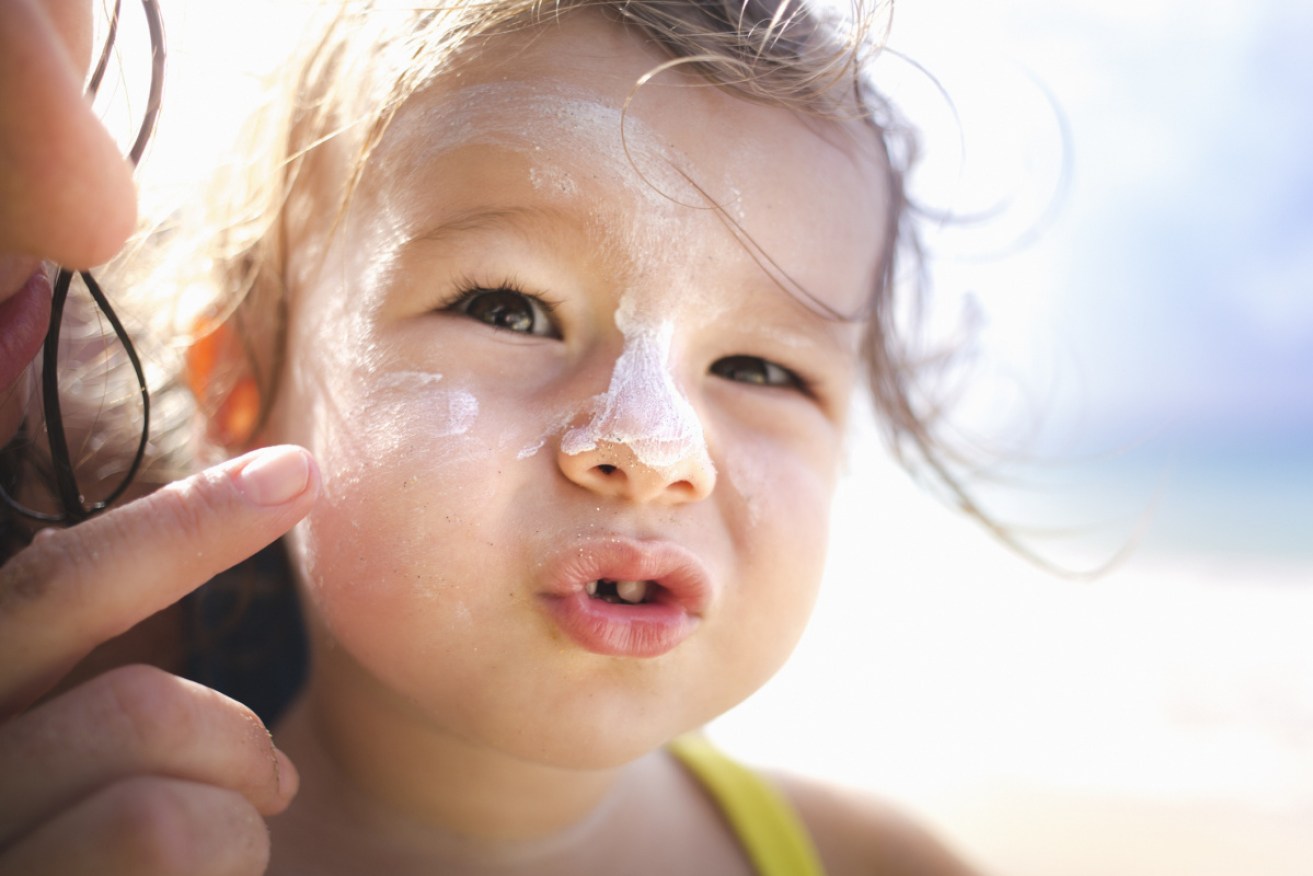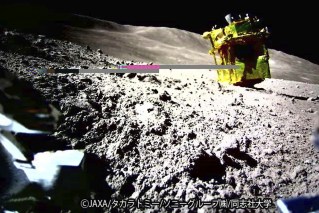Sunscreen chemicals can soak into the bloodstream, so is it still safe to use?


US research shows that higher levels of sunscreen chemicals are soaking into blood than previously thought safe. Photo: Getty
New research suggests sunscreen chemicals are soaking into our bloodstreams at higher levels than previously thought safe, but experts have warned people against ditching the product.
Research commissioned by the US Food and Drug Administration (FDA) recently revealed the level of sunscreen’s active ingredients people are absorbing into their blood exceeds FDA thresholds.
The study tested six of the main active ingredients in lotions, sprays and pump varieties of sunscreens.
Researchers say the quantities found in the blood means the FDA would require additional safety studies.
But the researchers emphasised their findings do not mean people should stop using sunscreen, which can help to prevent skin cancer and protect the skin.
Instead, more research is needed to figure out the significance of these levels in our blood, they said.
This would include changing the design of the study from an indoor to outdoor setting to better represent real-life study application.
Australian sunscreens are regulated by the Department of Health through the Therapeutic Goods Administration (TGA), which is the equivalent of the US FDA.
The FDA findings do not mean that sunscreens with active ingredients that absorb into the bloodstream at high levels are unsafe, “merely that additional testing is required”, University of Melbourne dermatology professor and Epworth Dermatology director Rodney Sinclair said.
“The TGA will monitor this and consumers will be alerted if there are any safety concerns identified by the FDA,” Professor Sinclair said.
Until then, people should continue to protect themselves and their children from the harmful effects of UV radiation by using shade, clothing hats and where necessary sunscreen.’’
Sunscreen is currently recommended when the UV index is greater than or equal to 3, and not recommended when the UV index is less than 3.
“Sunscreen, along with hats, clothing and shade, are measures advocated by dermatologists to reduce skin exposure to ultraviolet radiation and the consequential risk of skin cancer,” Professor Sinclair said.
“This week, sunscreen is recommended across the entire continent of Australia for all people who will be outside for more than 20 minutes between the hours of 10am and 4pm.”
Cancer Council Australia’s skin cancer committee chair Heather Walker urged Australians to continue to use sunscreen alongside other forms of sun protection to prevent skin cancer.
“Skin cancer kills over 2000 Australians each year and two in three Australians will be diagnosed by the age of 70,” she said.
Sunscreen safety doubts: New evidence ‘urgently needed’
Bruce Armstrong, an Emeritus Professor from the School of Public Health at the University of Sydney said it can no longer be said for sure that sunscreen containing the chemicals studied is safe to use.
“The US Food and Drug Administration sponsored these studies and has requested more evidence for the safety of sun-screening chemicals. This evidence is urgently needed,” Professor Armstrong said.
In the meantime, it cannot be said, with any certainty, that the application of these chemicals to human skin is safe.’’
Dr Armstrong said Australians who use sunscreens containing potentially absorbable sunscreen-active chemicals and are concerned about their safety can reduce or cease their use of such sunscreens by:
- Increasing the practice of other sun protection measures
- Using a sunscreen product that contains only zinc oxide or titanium dioxide as sunscreen active chemicals.








